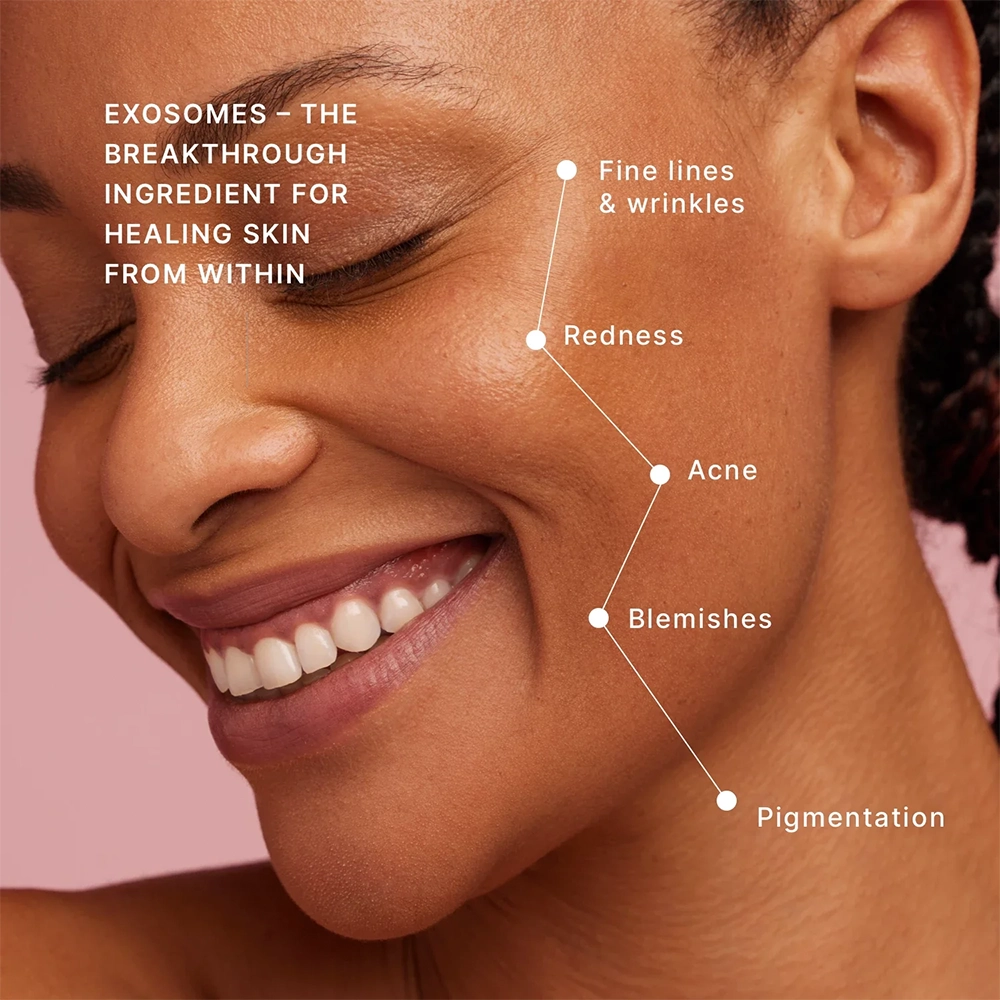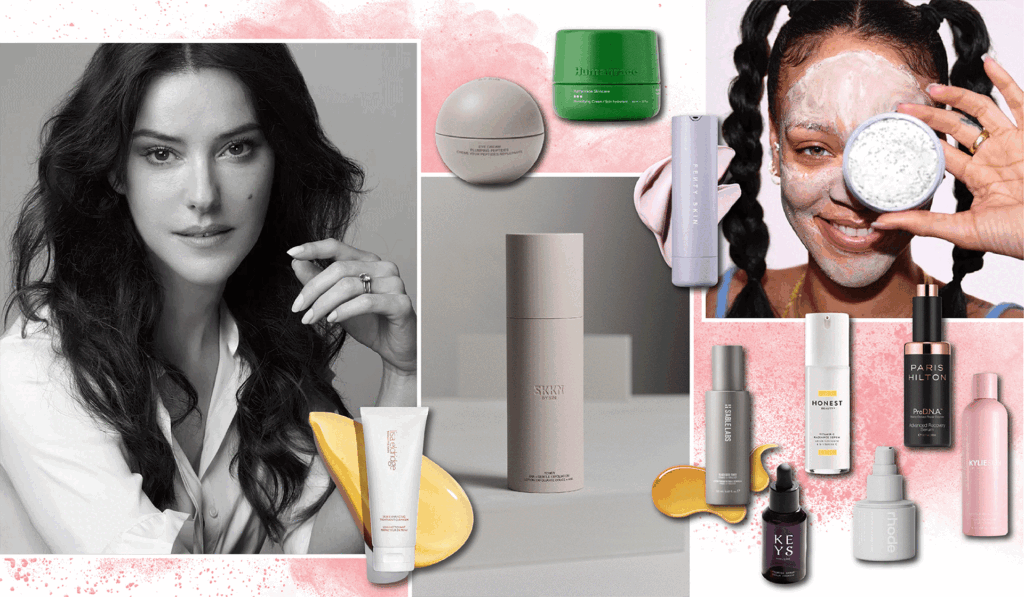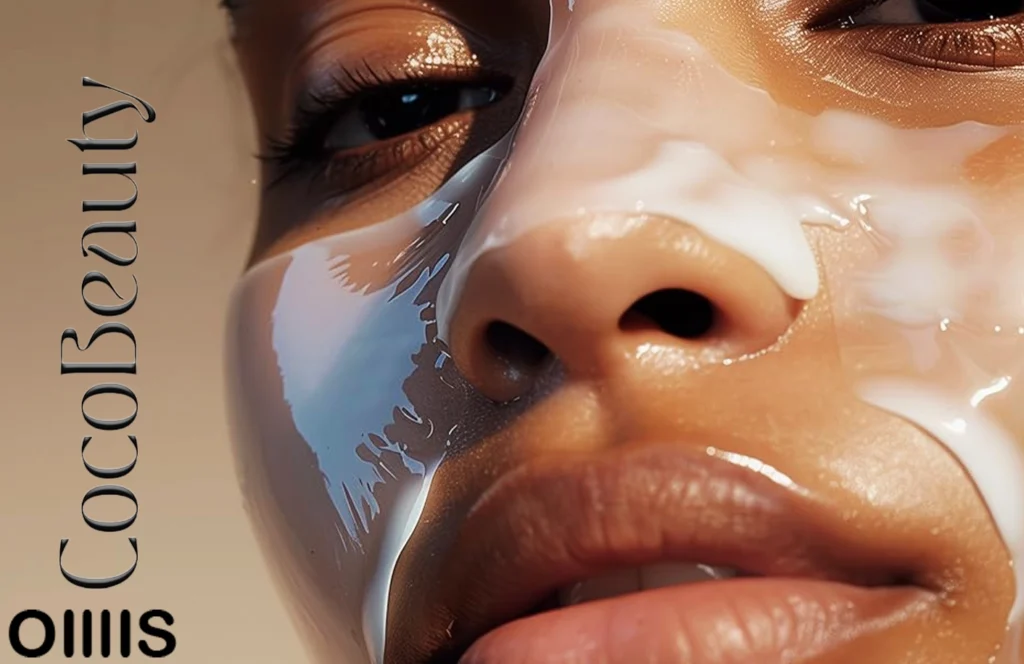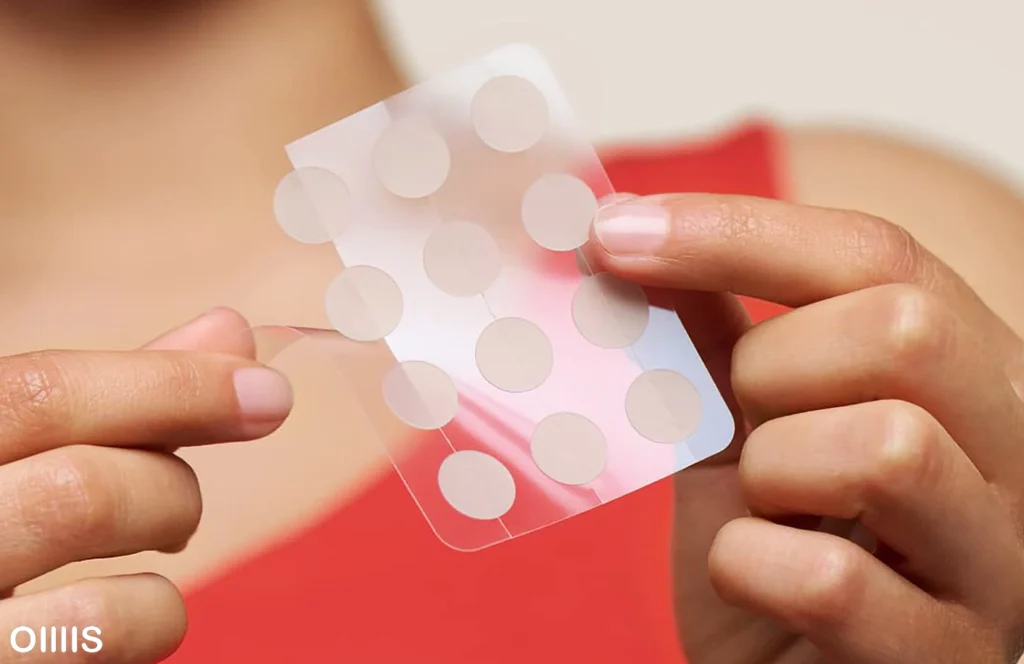OI-Blog
Exosome Serum: The Ultimate Guide to Youthful, Repaired Skin in 2025
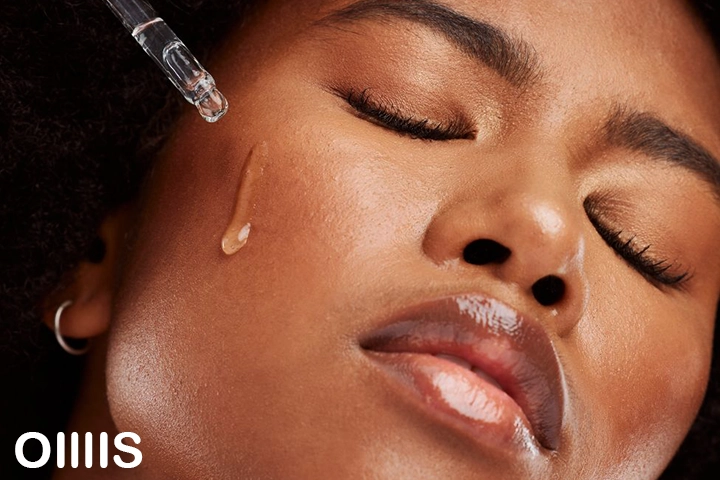
Exosome Serum: The Future of Skincare or Just Hype?
In the ever-evolving world of skincare, new innovations arrive every few years that promise to revolutionize the way we think about anti-aging, repair, and beauty. From retinol to peptides, from vitamin C to hyaluronic acid, each breakthrough has reshaped consumer habits and professional treatments.
Now, a new contender has stepped into the spotlight: exosome serum. Touted by dermatologists, aesthetic clinics, and beauty influencers alike, exosomes are being called one of the most advanced regenerative tools in skincare today. But what are they really? How do they work? Are they safe, and more importantly—are they worth your money?
In this deep-dive blog, we’ll explore everything you need to know about exosome serums, from the science behind them to the best brands on the market. As with all things on Oillis, we’ll give you the pros, cons, and expert insights so you can make the right decision before adding this futuristic product to your beauty routine.
What Exactly Are Exosomes?
Exosomes are microscopic vesicles—tiny bubble-like structures released by cells to communicate with each other. Think of them as “biological messengers.” They carry proteins, growth factors, lipids, and even bits of genetic material like RNA, all designed to deliver instructions to other cells.
In medicine, exosomes were first studied for their role in regenerative therapy, wound healing, and even cancer research. Scientists discovered that they could help with tissue repair, immune regulation, and cellular rejuvenation. Naturally, the beauty industry was quick to recognize their potential for skin regeneration and anti-aging.
In skincare, exosomes are often derived from stem cells (commonly mesenchymal stem cells from bone marrow, umbilical cord, or adipose tissue) or from plant-based biotechnology. Their goal is simple: to encourage skin to repair itself faster, stimulate collagen and elastin, and reduce inflammation.
Tips for using face masks for blackheads
Aenean imperdiet. Etiam ultricies nisi vel augue. Curabitur ullamcorper ultricies nisi. Nam eget dui. Etiam rhoncus. Maecenas tempus, tellus eget condimentum rhoncus, sem quam semper libero, sit amet adipiscing sem neque sed ipsum. Nam quam nunc, blandit vel, luctus pulvinar, hendrerit id, lorem. Maecenas nec odio et ante tincidunt tempus. Donec vitae sapien ut libero venenatis faucibus. Nullam quis ante. Etiam sit amet orci eget eros faucibus tincidunt. Duis leo. Sed fringilla mauris sit.
- Maecenas tempus, tellus eget condimentum rhoncus, sem quam semper libero, sit amet adipiscing sem neque sed ipsum.
- Curabitur ullamcorper ultricies nisi. Nam eget dui. Etiam rhoncus.
- Nam quam nunc, blandit vel, luctus pulvinar, hendrerit id, lorem.
- Maecenas nec odio et ante tincidunt tempus. Donec vitae sapien ut libero venenatis faucibus.
How Exosome Serum Works in Skincare
When applied topically in a serum, exosomes act like couriers delivering powerful biological signals directly to skin cells. The idea is that they help your skin communicate better, speeding up natural repair and renewal processes.
Key functions of exosome serums include:
- Skin barrier repair: Strengthens the skin’s protective layer, improving hydration and resilience.
- Collagen stimulation: Encourages fibroblasts to produce more collagen, resulting in firmer skin.
- Anti-inflammatory action: Reduces redness, irritation, and oxidative stress.
- Accelerated healing: Ideal for post-treatment recovery (after microneedling, laser, or chemical peels).
- Anti-aging benefits: Smoother texture, reduced fine lines, and improved elasticity.
Benefits: Why People Love Exosome Serums
- Post-treatment recovery: Dermatologists often use exosome serums after invasive procedures like fractional lasers or microneedling because they dramatically shorten downtime.
- Comprehensive anti-aging: Instead of targeting one pathway (like retinol or peptides), exosomes work on multiple cellular processes at once.
- Soothing sensitive skin: Their anti-inflammatory effect makes them excellent for conditions like rosacea or stressed skin.
- Universal compatibility: They layer well with most skincare ingredients like hyaluronic acid, niacinamide, and even retinol (with proper routine planning).
- Cutting-edge factor: Many users love being early adopters of “futuristic skincare.”
Drawbacks: The Other Side of the Story
- Price: Exosome serums are among the most expensive skincare products on the market, often starting at $200+ for a small bottle.
- Lack of regulation: They are not FDA-approved drugs, but cosmetic-grade products. Research is promising but still relatively new compared to decades of data on retinoids or vitamin C.
- Hype factor: As with many “miracle” skincare trends, marketing sometimes oversells what’s scientifically proven.
- Not universally needed: Younger skin with no major issues might not benefit much from exosome serums.
- Stability concerns: Exosomes are delicate. If packaging isn’t airtight and protected from light/heat, efficacy can be compromised.
What to Look for When Choosing an Exosome Serum
- Source of Exosomes: Check if they’re derived from human stem cells, plant sources, or synthetically engineered. Each has pros and cons.
- Transparency: Reputable brands will share clinical data, patents, or testing results. Be cautious of vague marketing.
- Supporting Ingredients: Look for complementary actives like peptides, niacinamide, ceramides, and hyaluronic acid.
- Packaging: Airless pumps or sealed vials are better than dropper bottles to preserve potency.
- Professional vs At-Home Use: Some serums are designed only for clinical application post-procedure, while others are safe for daily home use.
The Best Exosome Serums & Brands in 2025
Here are some of the leading names in the exosome skincare market right now:
- ASCE+ Exosome Serum
A Korean biotechnology leader, ASCE+ offers one of the most widely recognized exosome serums. It’s often paired with professional treatments and backed by research. - BENEV Exosome Regenerative Complex
A favorite among dermatology clinics worldwide, BENEV is known for its regenerative complex that accelerates recovery and boosts collagen. - DP Dermaceuticals EXO-SKIN Serum
Designed to be used with microneedling devices, this serum helps maximize treatment results. - ExoCel Bio Exosome Serum
Clinically used in advanced aesthetic practices, known for stem-cell-derived exosomes and potent formulation. - Plasonex Exosome Serum (K-Beauty)
A rising Korean skincare option, popular in both professional and consumer markets. - Luxury Innovators: Rion Aesthetics & ExoSCRT
High-end, research-driven serums targeting both professional clinics and luxury skincare consumers.
How Experts Recommend Using Exosome Serum
- Post-Procedure Application: The most dramatic results occur when exosome serums are applied immediately after procedures like microneedling, CO2 laser, or chemical peels. They help calm inflammation and trigger faster recovery.
- Daily Skincare: For at-home use, apply after cleansing and toning, before heavier creams or oils.
- Combination Tips:
- Safe to combine with hyaluronic acid, peptides, and niacinamide.
- Use retinol at a different time of day (night vs morning).
- Always pair with sunscreen to protect regenerating skin.
Who Should Use Exosome Serums?
- Ideal Candidates:
- Those with acne scars, pigmentation, or skin texture issues.
- Mature skin showing fine lines, sagging, or dullness.
- People recovering from professional treatments.
- Sensitive skin sufferers needing repair and barrier support.
- Not Always Necessary:
- Very young users with no major skin concerns.
- People looking for budget-friendly skincare solutions.
Future of Exosome Skincare
The buzz around exosomes is not just hype—it’s part of a broader trend of merging biotech with beauty. Expect to see:
- More clinical studies verifying long-term safety and benefits.
- AI-driven personalization where exosome serums are tailored to your DNA or skin type.
- Combination therapies with peptides, DNA-repair enzymes, and probiotics.
- Wider accessibility as technology improves and costs decrease.
In many ways, exosomes represent the “cellular beauty” revolution, where skincare works not only on the surface but communicates directly with your cells.
Final Expert Thoughts
Exosome serums are among the most exciting skincare innovations of the past decade. They combine science, biotechnology, and luxury into one product. For the right user—especially those investing in professional treatments—they can be game-changing.
However, they are not a miracle cure. Results vary, costs are high, and research is still evolving. The smart approach is to see them as a powerful addition to an advanced skincare routine, not a replacement for proven basics like sunscreen, retinoids, and antioxidants.
At Oillis, we believe in balancing trend-driven products with scientific insight. If you’re considering exosome serums, weigh the pros and cons, consult with your dermatologist, and choose brands that value transparency and research. Beauty is always an investment—but with exosomes, it just might be an investment in the future of your skin.







